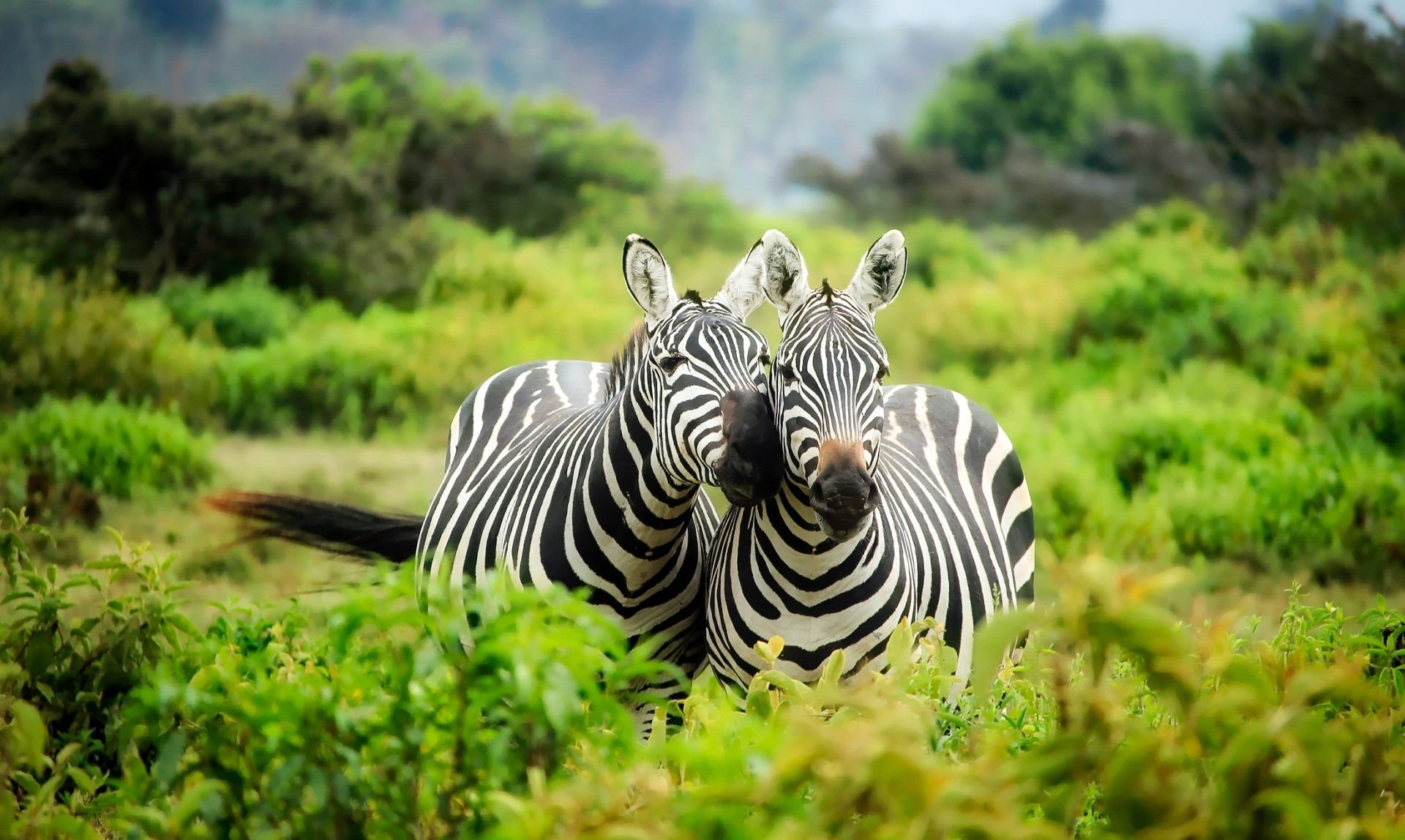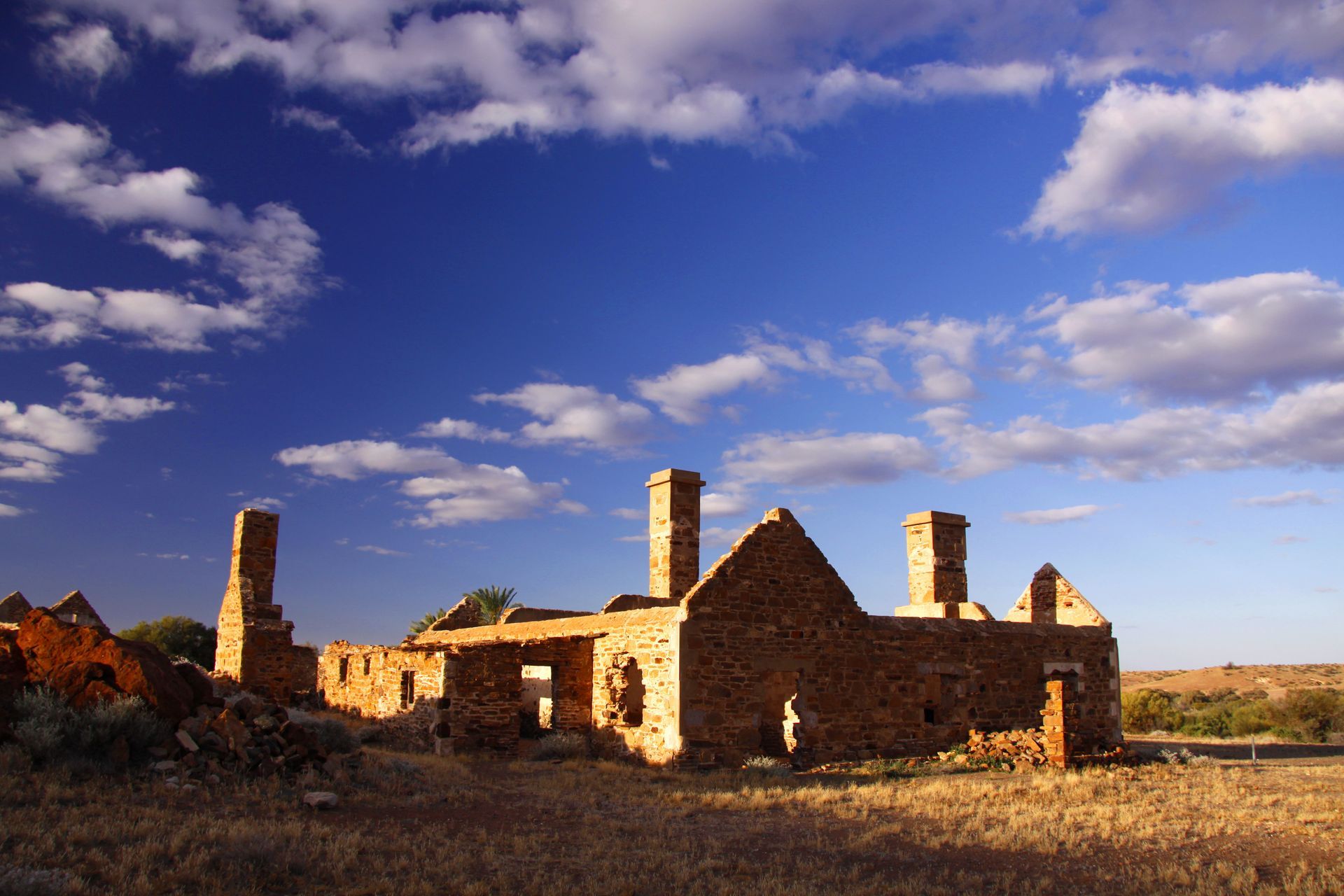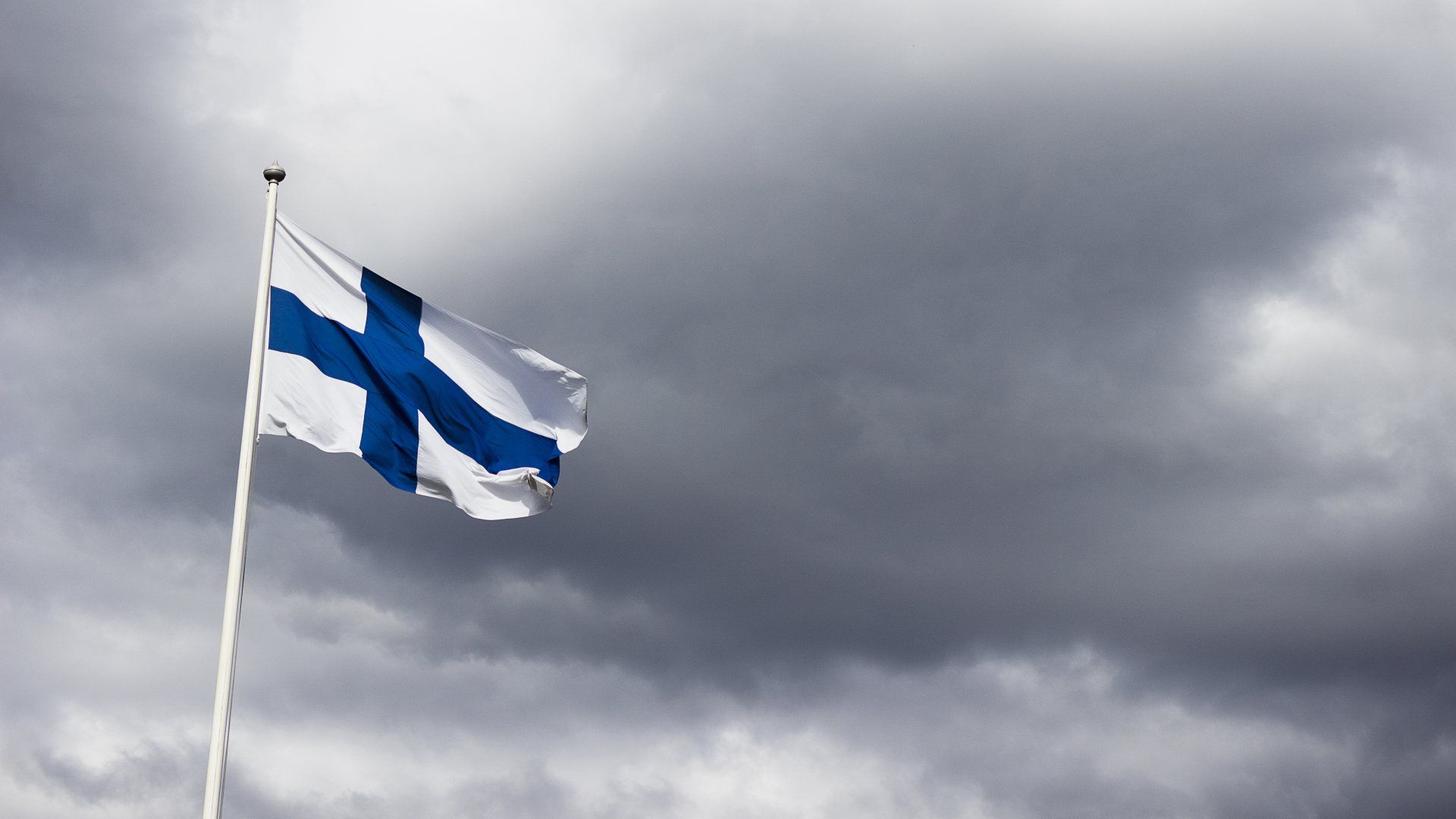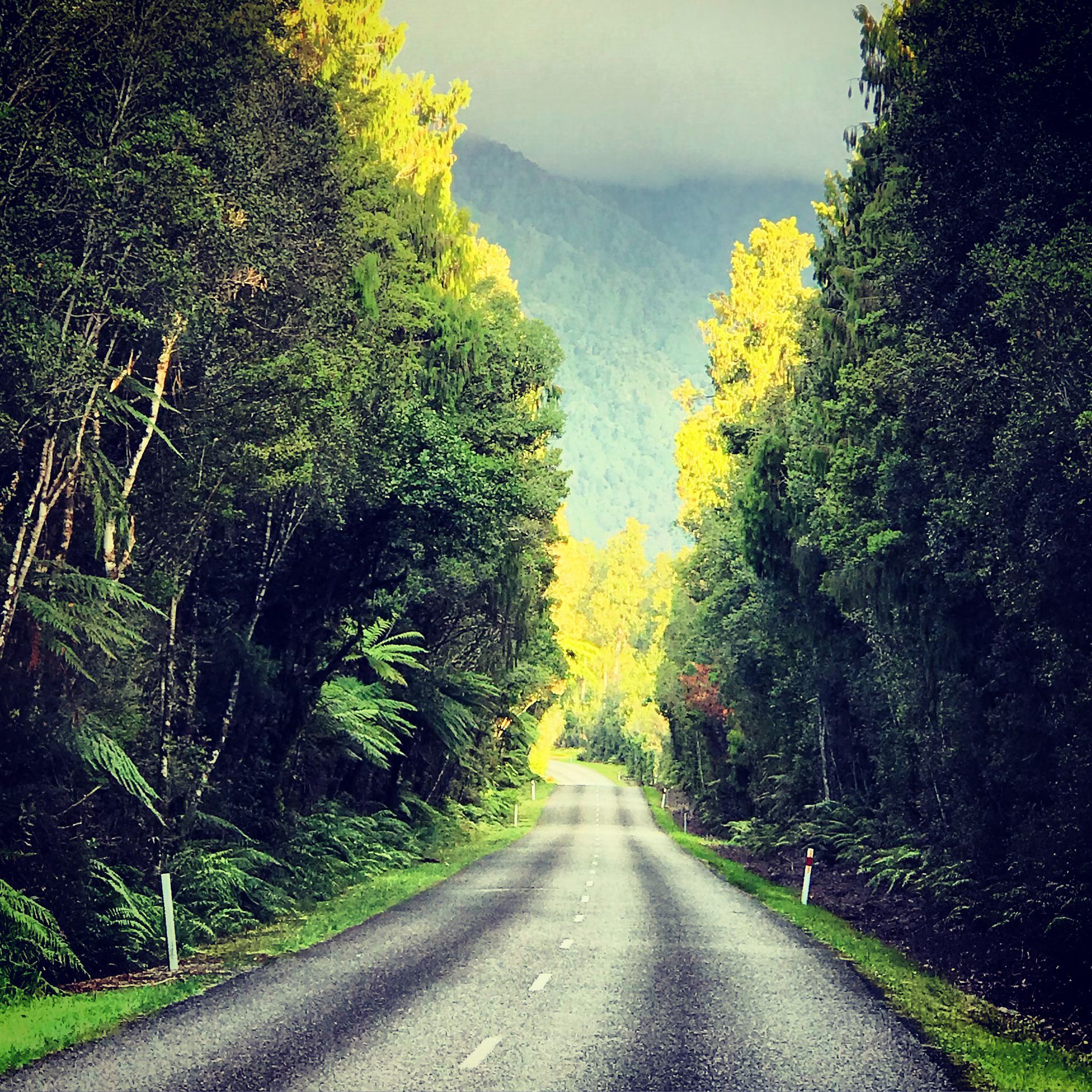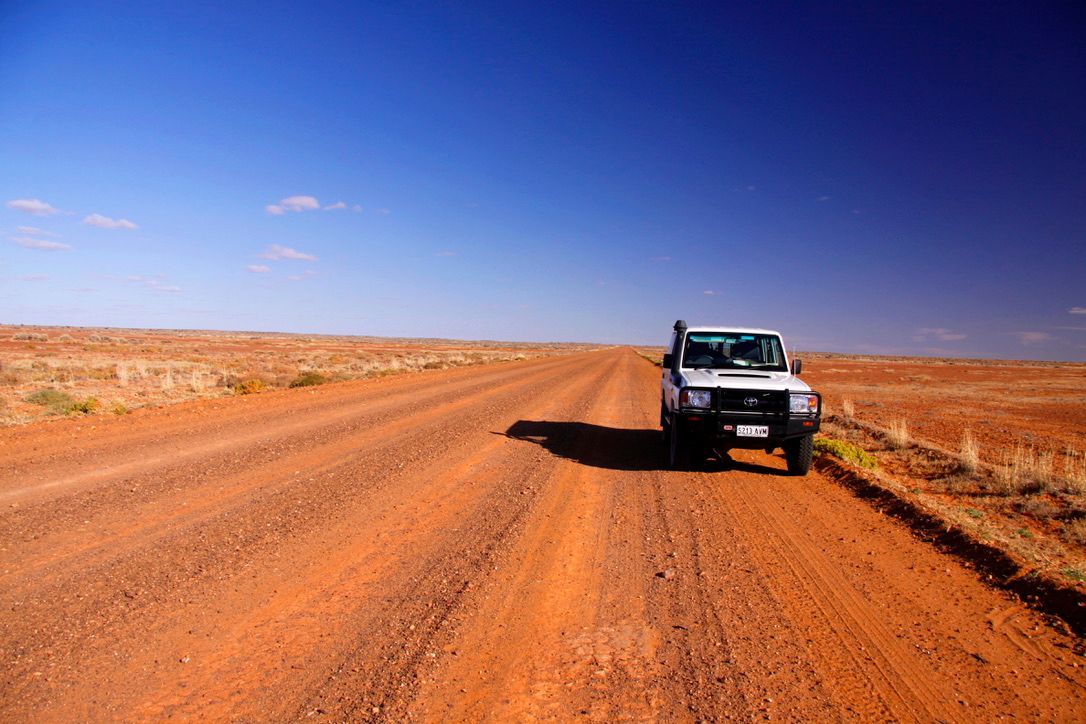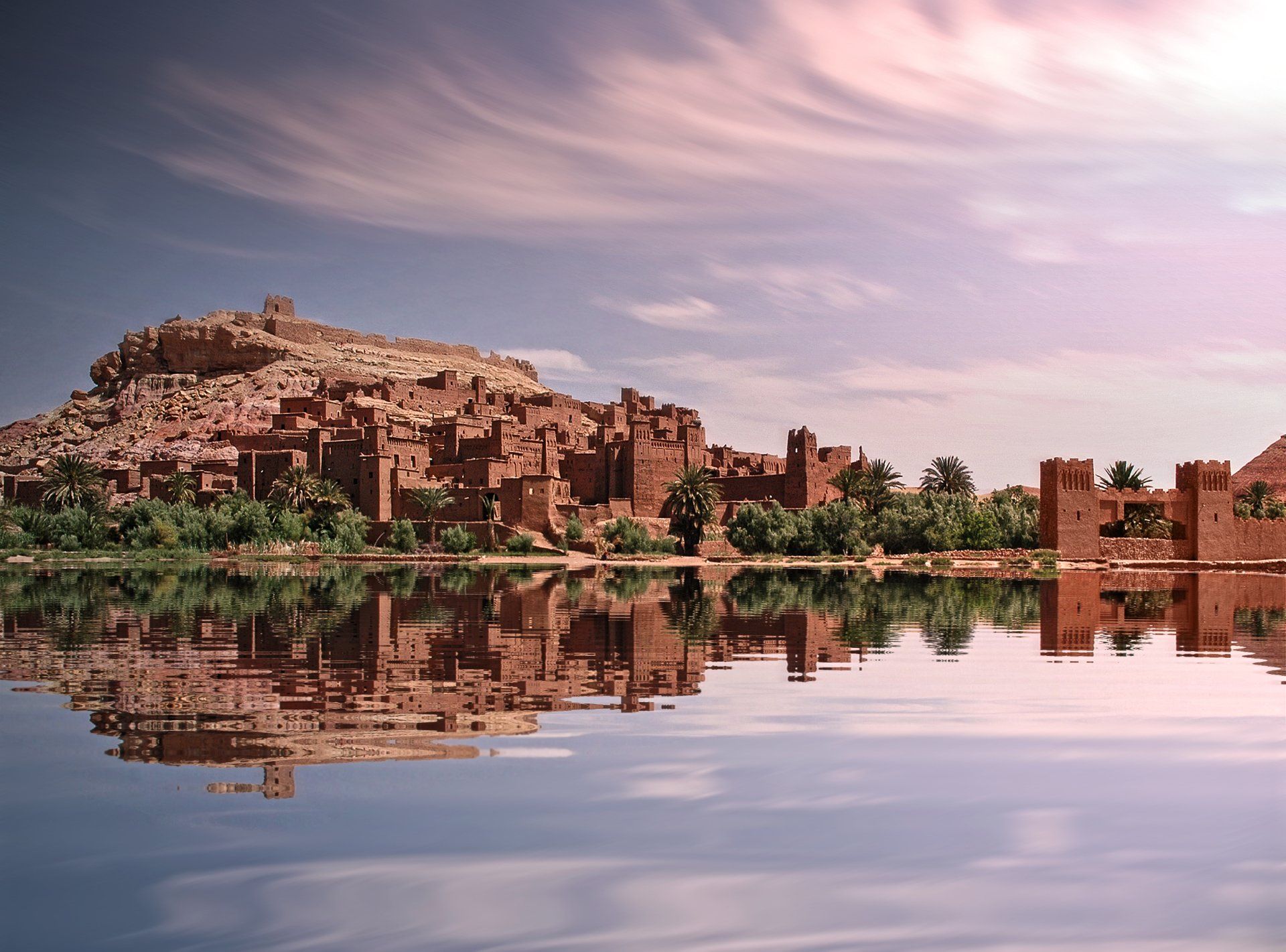With cold steel bayonets gleaming, in sodden seas of blood.
They raced towards the stronghold, all in a crimson flood,
Such maddening surge of horses, such tumult and such roar,
The wells of old Beersheeba had never seen before…
– Edward Gerard, The Wells of Old Beersheeba.
One hundred and one years ago, on October 31st, 1917, my great-uncle, A.F. Blakiston, took part in the last cavalry charge the world would ever see. The Battle of Beersheba took place in Southern Palestine (now Israel) and saw the eventual capture of the high ground from which the approaches to Gaza were defended by a seasoned Ottoman (Turkish) garrison.
After a number of previous defeats, the allied commander, General Edmund Allenby, had called in the Australian Light Horse Brigade, ordering them to charge the defences of Beersheba. Armed only with bayonets (their rifles had to be slung over their shoulders while mounted), which they held out like swords in true cavalry style, the Aussies galloped across the open ground between the British lines and the Turks’ positions, jumped over the trenches, leapt from their horses and laid into the stunned Turks with enthusiastic abandon.
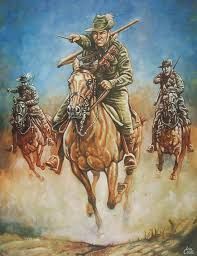
The Ottoman forces were routed, the Allied forces (which also comprised Australian and New Zealand foot soldiers) mopped up the remaining pockets of resistance, and then began the long march towards Jerusalem, which they captured six weeks later. The Charge of the Light Horse went down in history and in Australian folklore. Amongst the young Australian horsemen, most of whom hailed from the vast cattle stations of the Outback, where horsemanship was prized over all things, was a scattering of men from other countries, including, quite by chance, my great-uncle, A. F. Blakiston.
“[A] great sight suddenly sprung up on our left, lines and lines of horsemen moving. The Turks were on the run and the Aus. Div. was after them. We could see the horses jumping the trenches, dust everywhere.”
Arthur Frederick Blakiston was born in the English county of Derbyshire in 1892. The son of a Baronet, he was educated at Bedford School and at Emmanuel College, Cambridge. A fearless horseman, “Blakie” as he was nicknamed, rode furiously to hounds and was a fearsome rugby player. Following his war exploits, he would go on the play rugby for England from 1920-1925 and tour South Africa with the British Lions, playing in all four of their test matches there.
I first encountered Blackie in early 1990, when my girlfriend Linda and I went to visit his widow, Lady Ann Blakiston, in the village of Corton, near Warminster, on the edge of the Salisbury Plain in Wiltshire. We were working as live-in bar staff at a pub in Central London at the time, a couple of Kiwi kids out exploring the world. I knew of Lady Ann’s existence both through the well-researched Blakiston family tree, and through my cousin John Blakiston, a Colonel in the British Army with whom we had already stayed with on several occasions since arriving in England in March 1989.

Lady Ann’s neat cottage, whose address was simply 8a Corton, was a shrine to the memory of the beloved Blackie. Over tea and lardy cake (a traditional West Country dessert) Ann regaled us with tales of her late husband’s adventures. The old fellow obviously had no liking for those in authority and had often traded a safe comfortable life and income for penurious adventures that were their own reward.
On the ship home from the British Lions’ rugby tour to South Africa, Blakiston and one of his teammates were leaning on the rail of the afterdeck, discussing what their prospects would be when they landed back in England.
“How much money do you have?” asked Blakiston’s friend. Rummaging through his pockets, Blakiston took out his last coin, a silver sixpence bearing the profile of King George V, surrounded by the legend GEORGIVS V DEI GRAS:BRITT:OMN:REX.

“This is it,” he said, looking down at the gleaming coin in his hand. “How much do you have?” His friend replied that he was penniless. With that, Blakiston hurled his last sixpence overboard. It curled through the blue air, glinting momentarily in the sun, and disappeared into the ocean.
“Well,” said Blakiston, “we’ll both start from scratch when we get home.”
Having joined the Royal Field Artillery at the outbreak of World War One, Blakiston had been gassed at Ypres, won a Military Cross for gallantry at Verdun, and had been posted to Palestine with the Egyptian Expeditionary Force, now under the command of Allenby, in June 1917.
Bored with endless maneuvers and constant drilling, Blakiston decided to sneak away from his regiment and join the Australian Light Horse Brigade on their attack of Beersheba. By doing so he contravened a standing order that British soldiery did not mix or fraternize with “colonials.” However, Blakiston had no liking for regulations or those in command. To him, the opportunity for a pell-mell gallop across the desert was too good an opportunity to miss.
No record of Blakiston’s impressions of the charge exist. However, it is easy to imagine him in the thick of the fighting, spurring his horse on in the same headlong way he charged down hedges while hunting foxes on the downlands of England. A contemporary account of the the action, written by James McCarroll of the New Zealand Mounted Rifle Brigade, paints the scene: “[A] great sight suddenly sprung up on our left, lines and lines of horsemen moving. The Turks were on the run and the Aus. Div. was after them. We could see the horses jumping the trenches, dust everywhere.”
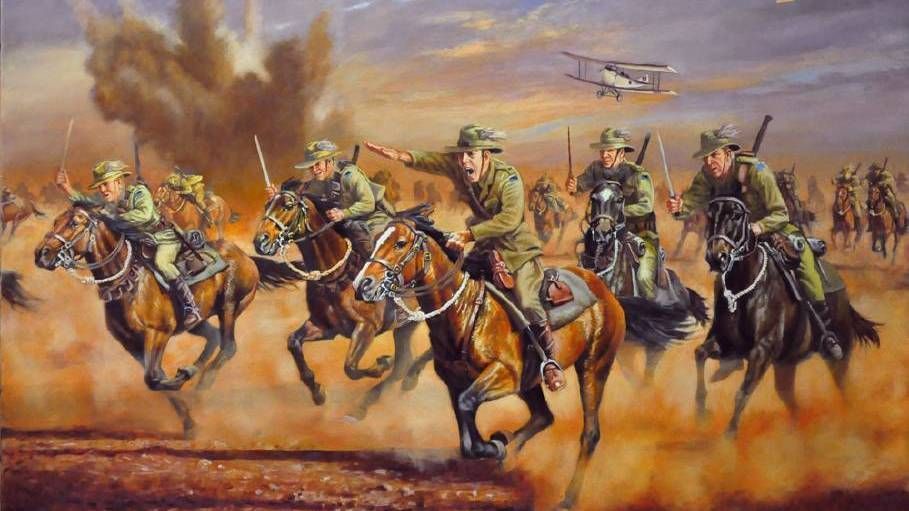
In everything he did throughout his life, Arthur Frederick Blakiston was the embodiment of the Blakiston family motto,
Fac Bene Nec Dubitans
: Do Well And Doubt Not. And in the charge of the Australian Light Horse Brigade, Blakiston took his place in the last cavalry charge the world would ever see.
